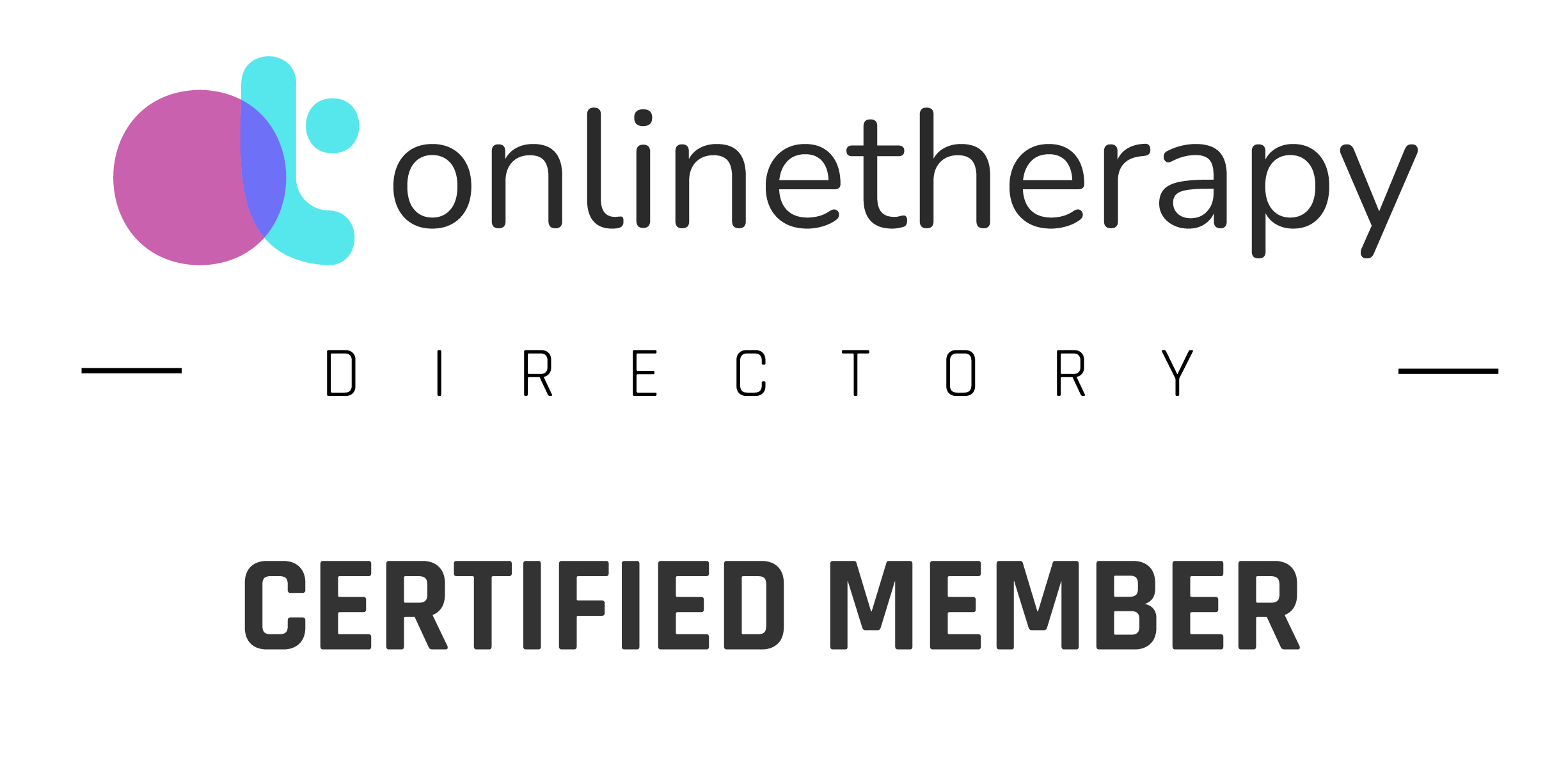Medication can be a great tool for managing mental health issues, but it is important to approach medication cautiously. Some medications come with side effects that may not be desirable, and in some cases, they can even be dangerous.
Before taking any medication, it’s best to consult your doctor or therapist first. Talking to a therapist about your mental health issues and concerns can help determine if medication is the right course for you. Here, we will review how therapy plays a big role in mental health treatments.
The Role of Therapy in Mental Health Treatment
Therapy forms the bedrock of comprehensive mental health treatment. While medication can alleviate symptoms, therapy delves deeper, addressing underlying emotional, psychological, and behavioral aspects.
Therapy, particularly cognitive-behavioral therapy (CBT), teaches skills for managing mental health issues like anxiety and depression. It helps teach problem-solving techniques that can be used in all areas of life. In addition, it provides a safe space to talk about difficult topics and feelings without the fear or shame associated with them.
Understanding Underlying Issues

Therapy acts as a guiding light, illuminating the intricate pathways of our minds. It facilitates identifying and unraveling underlying issues that often cause mental health challenges. By delicately peeling back these layers, therapists empower their clients to confront and overcome their struggles, fostering personal growth and resilience.
Personalized Treatment Plans
Therapy is also an important part of creating a personalized treatment plan, which may or may not involve medication. Therapists are highly skilled in assessing mental health issues and determining the most effective action. For example, if the therapist believes talk therapy would be more beneficial than medication, they will provide evidence-based recommendations for coping skills and techniques to work on in therapy.
When deciding whether medication is necessary, therapists can provide guidance and a plan for monitoring its effects. This helps ensure that any medicines taken are well-tolerated and free of dangerous side effects.
Having access to experienced and qualified mental health professionals is essential when managing mental health issues and making decisions about treatment plans.
Potential Limitations of Medication Alone

While medication can be a lifeline, it possesses limitations. Relying solely on medication management may mask deeper concerns without addressing their roots. Furthermore, potential side effects warrant a cautious approach.
Some side effects of taking medication without talking to a professional are:
- Lack of understanding of the root cause of problems.
- An increased risk of dependency on medications.
- Difficulty managing emotions and behaviors without medication.
It is important to have an experienced therapist to guide you through the process. Therapists provide invaluable support, conducting assessments and monitoring progress as part of individualized treatment plans.
Holistic Well-being and Long-Term Results: Nurturing Flourishing Lives
The beauty of therapy lies in its ability to foster holistic well-being. Beyond symptom alleviation, therapy equips individuals with coping strategies, communication skills, and emotional resilience. This comprehensive toolkit becomes a compass guiding them toward sustained mental health.
Trust in Mind and Body Counseling Associates for Comprehensive Mental Health Care
In the complexity of mental health issues, therapy plays a big part. As individuals seek to nurture their mental well-being, the guidance and support of therapists offer a compass toward long-lasting, transformative change.
At Mind and Body Counseling Associates, we firmly believe in the power of a balanced, comprehensive approach to mental health treatment. We prioritize a blend of therapy, medication management, and medication-assisted treatments, all tailored to the unique needs of each individual. As experienced therapists in Reno, we are dedicated to providing the highest quality mental health care.
Together, we can navigate the path to mental wellness. Remember, you don’t have to face these challenges alone; we are here to lend a hand every step of the way. Contact our team today.


